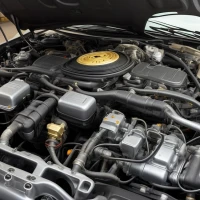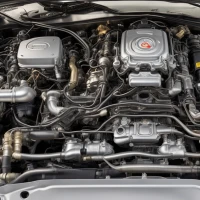How Many Spark Plugs Does A Diesel Have? Unveiling the Engine Mystery - Have you ever wondered about the inner workings of your diesel engine? It’s time to demystify one of the most perplexing questions out there! This blog will dissect the enigmatic world of diesel engines, uncovering truths that even seasoned gearheads may not know. Dive into the details and uncover the surprising facts about how diesel engines ignite and run, perhaps even challenging what you thought you knew about your vehicle’s heart. Buckle up, because what you learn might just ignite a new passion for diesel technology!
How Do Gas and Diesel Engines Differ?
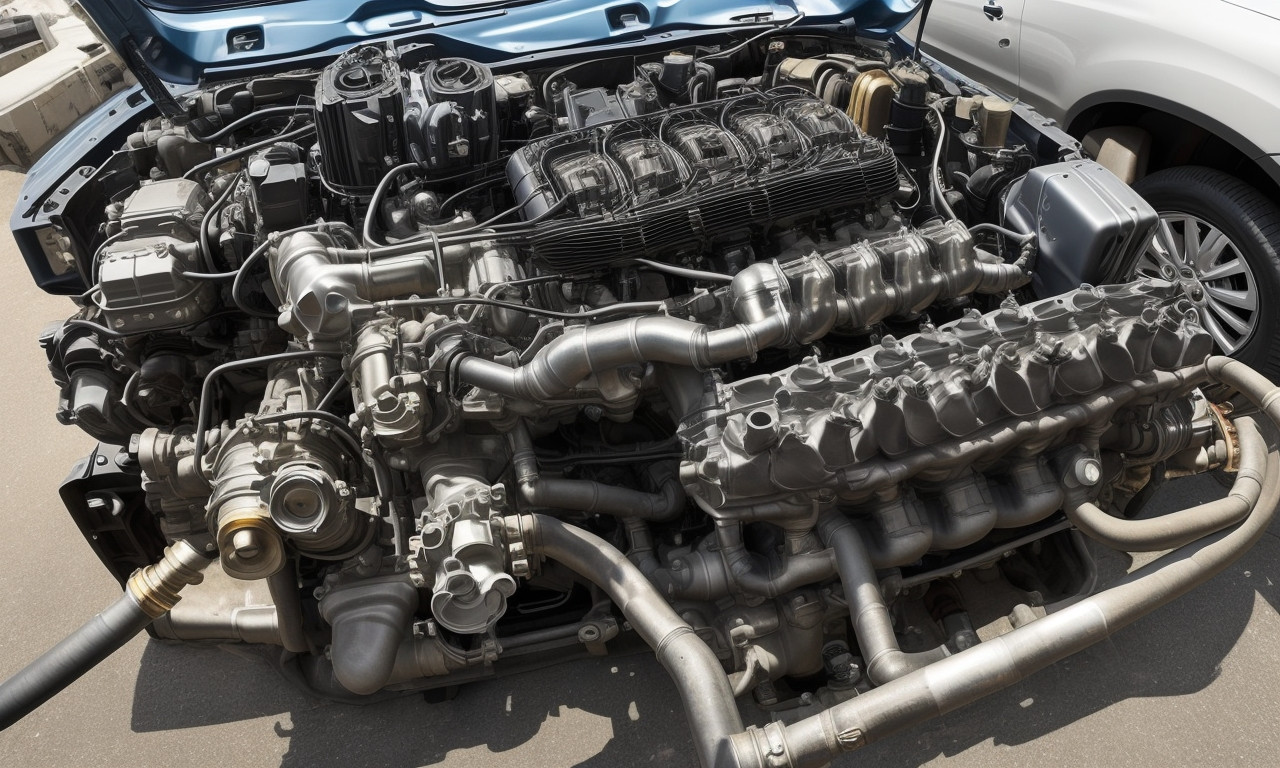
Diesel engines and gas engines, though both internal combustion engines, function distinctly and have unique components. One key difference lies in how each engine ignites its fuel-air mixture. In gasoline engines, spark plugs are critical components used to ignite the fuel-air mixture. You might wonder, “How many spark plugs does a diesel have?” The surprising answer is none. Diesel engines operate without spark plugs, a stark contrast to their gasoline counterparts.
Instead of spark plugs, diesel engines rely on the heat generated by high compression to ignite the fuel. This fundamental difference answers one crucial question: How do gas and diesel engines differ? Gas engines compress a fuel-air mixture to a moderate degree and use a spark plug to ignite it. In contrast, diesel engines significantly compress the air alone, resulting in a much hotter environment. When diesel fuel is then injected into this hot, high-pressure air, it ignites spontaneously.
The absence of spark plugs in diesel engines showcases the engineering marvel behind their design. Diesel engines are more fuel-efficient and often more robust, partly due to their unique ignition process. Understanding these differences helps demystify why diesel engines lack spark plugs and offers insights into the comparative mechanics of gas and diesel engines.
Answer #1: How Many Spark Plugs Does A Diesel Have?
Diesel engines are renowned for their durability and efficiency, yet often shrouded in questions like “Answer #1: How Many Spark Plugs Does A Diesel Have?” The straightforward truth is that diesel engines do not use spark plugs as traditional gasoline engines do. Instead, diesels rely on a process called compression ignition to ignite the fuel-air mixture. In essence, air is compressed to such a high degree that the temperature inside the cylinder increases, causing the diesel fuel to ignite spontaneously when it is injected.
This method of ignition is fundamentally different from the spark-ignition system employed by gasoline engines, where a spark plug is essential to ignite the fuel. Interestingly, diesel engines do incorporate another type of plug known as a glow plug. These are used primarily to help start the engine in cold weather by pre-heating the combustion chamber to ensure the fuel ignites efficiently.
Understanding this might leave you wondering why spark plugs are absent. The answer lies in the physics of diesel combustion. Diesel’s high compression ratio and the properties of the fuel itself make spark plugs redundant. So, the definitive “Answer #1: How Many Spark Plugs Does A Diesel Have?” is zero, revealing yet another intriguing facet of automotive engineering.
How Does A Diesel Engine Use Fuel?
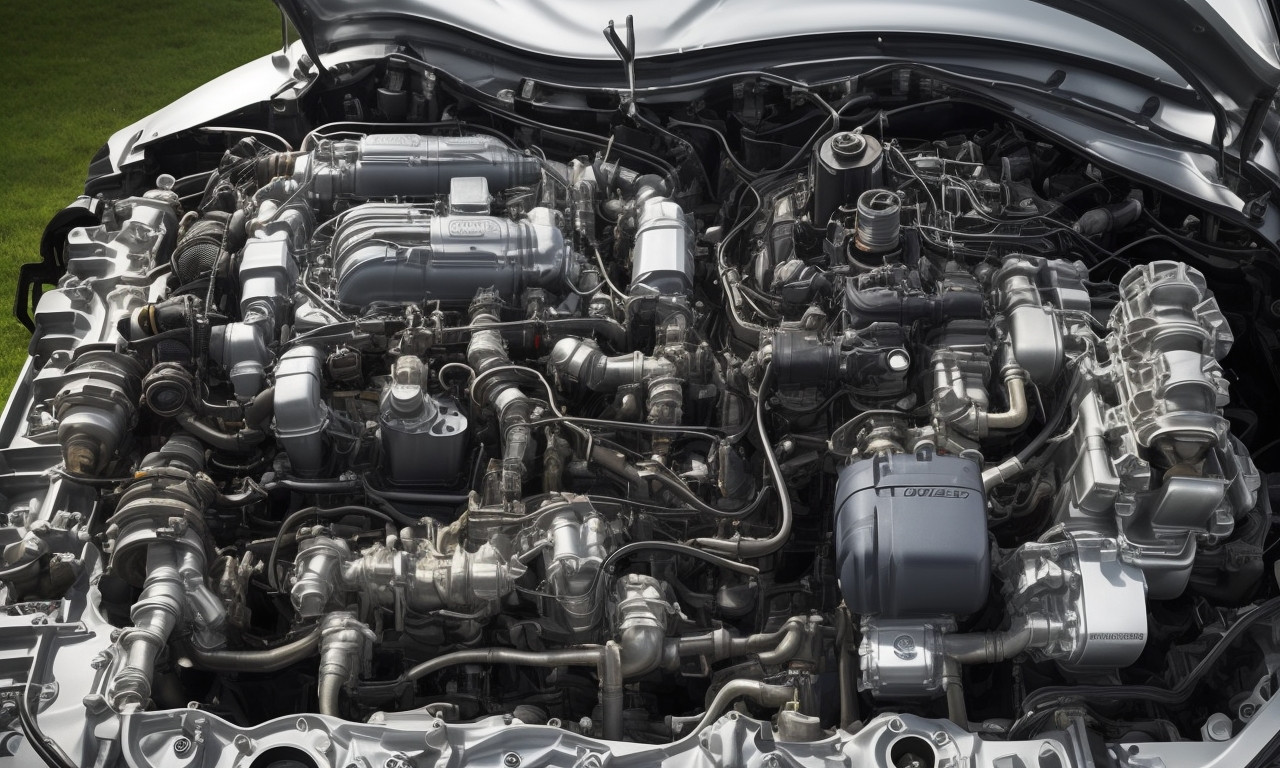
Diesel engines operate differently from their gasoline counterparts, and understanding the intricacies of their components can be enlightening. Key among these components is the spark plug—or, more accurately, its absence in a diesel engine. The question “How many spark plugs does a diesel have?” fundamentally changes the way we think about engine mechanics, specifically in how these engines ignite fuel. Diesel engines rely on compression ignition rather than spark plugs. This leads to another compelling question: “How does a diesel engine use fuel?”
In a diesel engine, air is compressed to a critical point where it reaches very high temperatures. Fuel is then injected into this highly compressed air. Due to the temperature, the fuel spontaneously ignites, leading to a powerful explosion that drives the piston. This method contrasts starkly with gasoline engines, where spark plugs are essential for ignition. Understanding how a diesel engine uses fuel can shed light on why spark plugs are unnecessary in these engines. This self-ignition process makes diesel engines more durable and efficient, especially under high load conditions.
By delving into the mechanics of fuel use in a diesel engine, we clarify why these engines depend on compression rather than external spark sources to ignite fuel, unraveling part of the mystery behind diesel engine operations.
Answer #2: How Many Spark Plugs Does A Diesel Have?
In the intricate world of automotive engineering, one fascinating aspect often queried is the composition of diesel engines related to spark plugs. Diesel engines diverge significantly from their gasoline counterparts, a difference many find perplexing. The critical question arising is, “Answer #2: How Many Spark Plugs Does A Diesel Have?” Surprisingly, diesel engines possess a distinctive characteristic: they have no spark plugs. Instead of relying on spark plugs for ignition, diesel engines use a process called compression ignition. In this scenario, air is compressed in the cylinder, increasing its temperature to a point where diesel fuel injected into the chamber ignites spontaneously. This method contrasts sharply with gasoline engines that depend on spark plugs to ignite the air-fuel mixture.
Understanding why diesel engines are spark plug-free unveils the architectural nuance of these powerhouses. Diesel engines are equipped with glow plugs, a different component serving to warm the air in the cylinders during cold starts, ensuring smooth operation in lower temperatures. Therefore, the straightforward answer to “Answer #2: How Many Spark Plugs Does A Diesel Have?” remains zero. By comprehending these peculiarities, automotive enthusiasts and professionals can better appreciate the sophisticated engineering behind diesel engines, distinguishing them from their gasoline-driven counterparts. This knowledge enriches the understanding of how such engines operate effectively without the need for spark plugs.
How Does Diesel Fit in With a Future of Hybrids and Electric Vehicles?
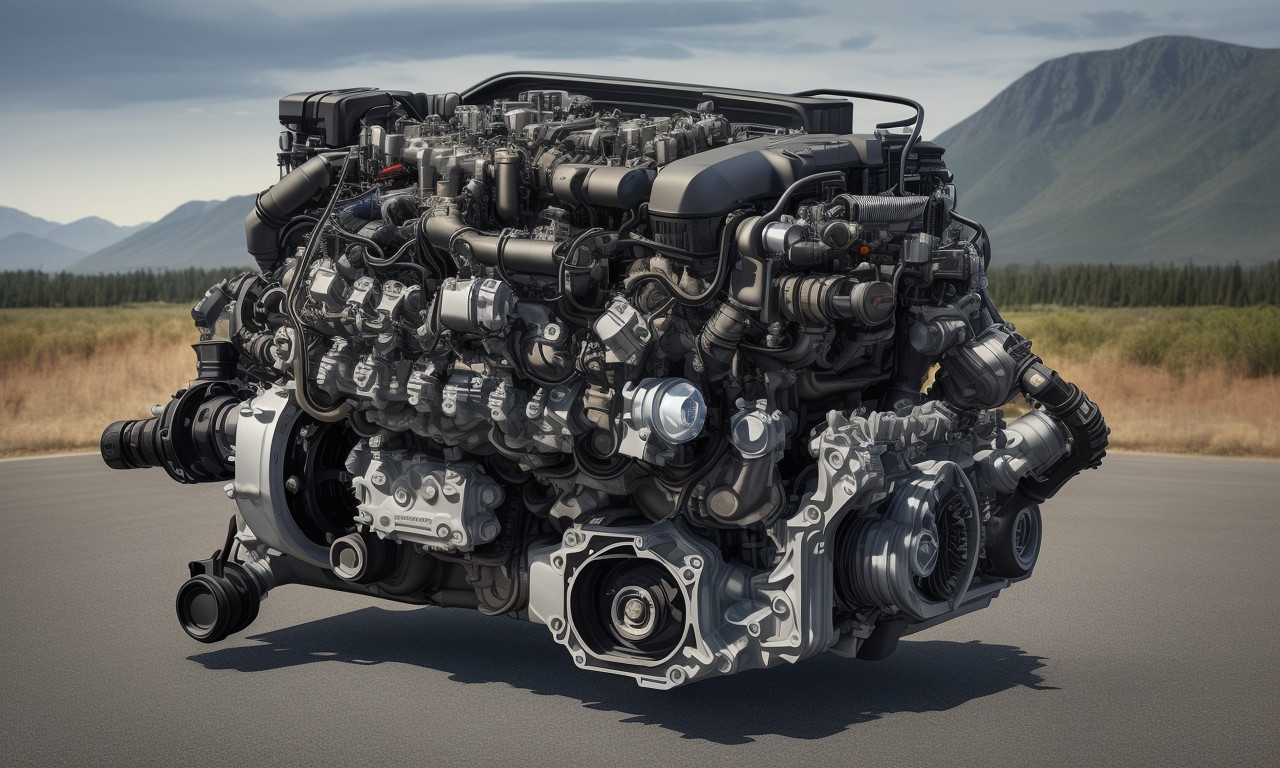
Diesel engines have long been renowned for their durability, efficiency, and power, but when it comes to spark plugs, the story takes a fascinating twist. Unlike their gasoline counterparts, diesel engines do not utilize spark plugs. Instead, they rely on compression ignition, where air is compressed to an extremely high pressure and temperature, causing the diesel fuel to ignite without the need for a spark. This unique feature underscores the tried-and-true engineering behind diesel technology.
However, the question remains: How does diesel fit in with a future of hybrids and electric vehicles? Diesel engines may seem outdated in the face of advancing hybrid and electric technologies, but they still offer several benefits. Diesel engines provide exceptional torque and fuel efficiency, making them invaluable for commercial transport and heavy-duty applications. Advances in clean diesel technology are also reducing emissions, aligning with environmentally conscious efforts.
Moreover, hybrid systems that combine diesel engines with electric motors are emerging, offering a sustainable pathway. This synergy capitalizes on the strengths of diesel while integrating the benefits of electric power, thus creating a balanced and efficient solution. As the automotive industry evolves, understanding the role of diesel engines and their potential integration with electric systems remains crucial in shaping our transportation future.
Diesel Engines Have Disappeared from U.S. Passenger Cars
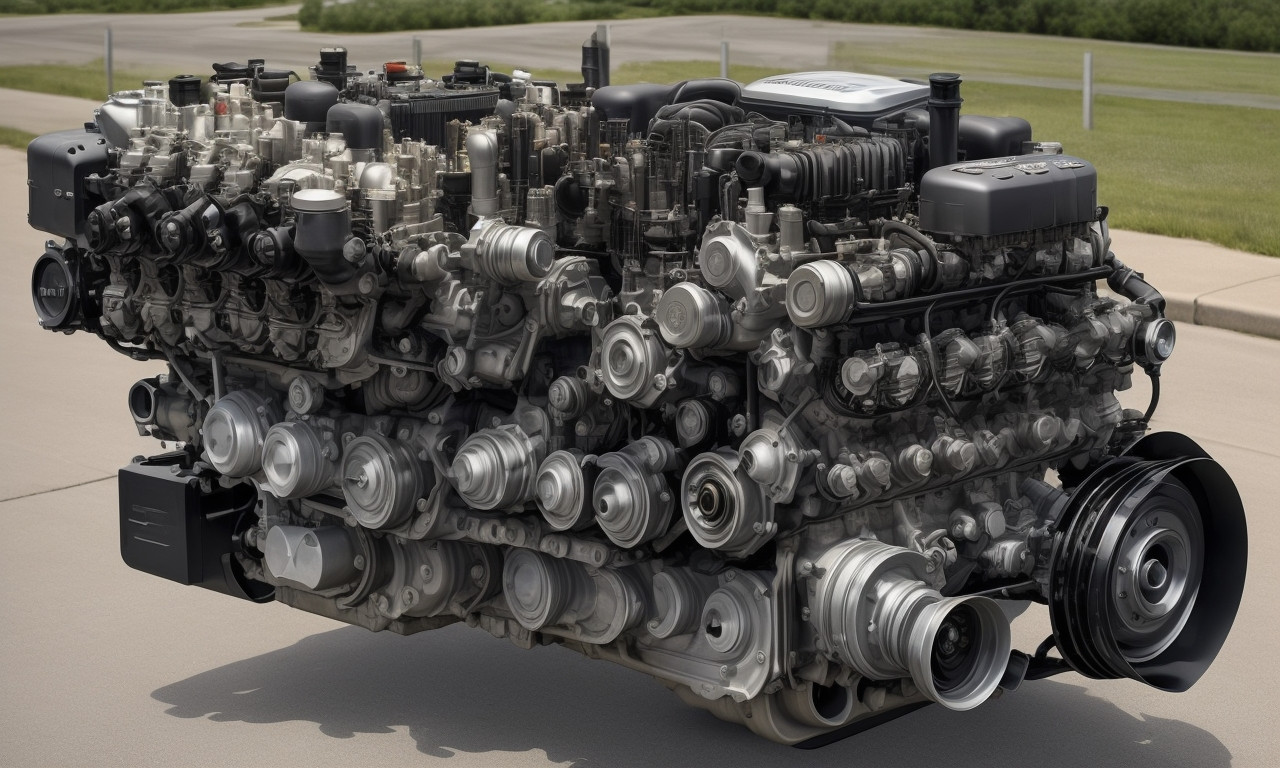
Despite the modern fascination with electric vehicles and traditional gasoline engines, there’s a lingering enigma in the realm of diesel engines, particularly in the context of spark plugs. Diesel engines operate differently than their gasoline counterparts, relying on compression ignition rather than spark ignition. This means that diesel engines do not require spark plugs to ignite the fuel-air mixture.
In recent years, a noticeable shift has occurred: diesel engines have disappeared from U.S. passenger cars. The reasons for this disappearance are manifold, including stringent emissions regulations, shifting consumer preferences, and the advent of more efficient and environmentally friendly alternatives. For diesel aficionados, this shift marks the end of an era, raising questions not just about the mechanics of these engines but also about their place in modern automotive history.
Understanding why diesel engines lack spark plugs is crucial for comprehending their design and operational efficiency. Instead of spark plugs, diesel engines use glow plugs to preheat the air in the combustion chamber, facilitating cold starts. Thus, while diesel engines continue to hold their ground in commercial and heavy-duty sectors, their presence in U.S. passenger cars is dwindling, leaving behind a legacy and a wealth of engineering marvels that never required spark plugs.
Diesel Engine Serve a Role In Trucks and Large SUVs
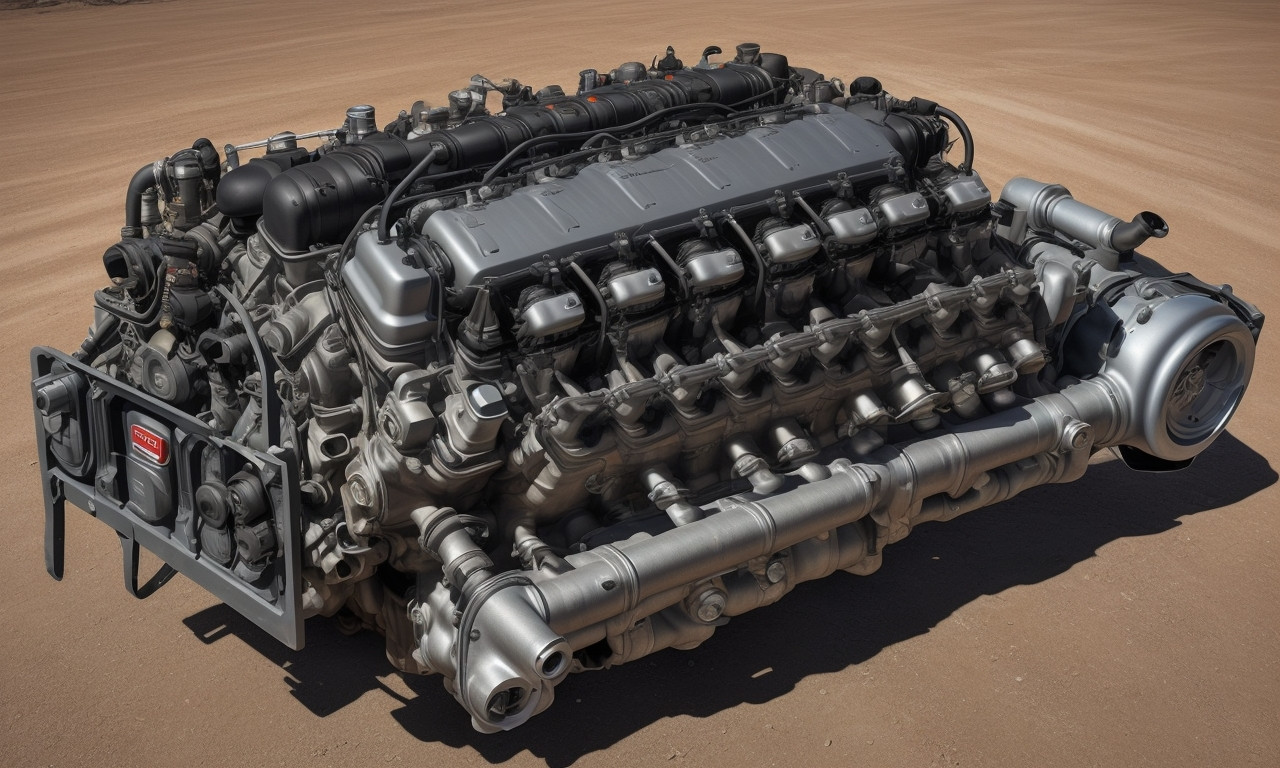
Understanding the intricacies of diesel engines can often be perplexing, especially when it comes to components like spark plugs. Unlike their gasoline counterparts, diesel engines do not require spark plugs to ignite the air-fuel mixture. Instead, they employ a process known as compression ignition. This is where the air inside the cylinder is highly compressed to generate the necessary heat for combustion, eliminating the need for spark plugs.
Diesel engines serve a role in trucks and large SUVs due to their superior torque and fuel efficiency. The ability to generate significant power at lower RPMs makes diesel engines particularly suited for heavy-duty tasks like towing and hauling, which are common requirements for trucks and large SUVs.
Instead of spark plugs, diesel engines use glow plugs to assist in starting the engine, especially in cold conditions. These glow plugs preheat the air in the combustion chamber to facilitate the ignition process. This unique setup contributes to the longevity and robustness of diesel engines, making them an ideal choice for demanding applications.
Overall, while spark plugs are absent in diesel engines, their role is adeptly replaced by glow plugs and the principle of compression ignition. This makes diesel engines indispensable in the automotive world, particularly for trucks and large SUVs.
Frequently Asked Questions
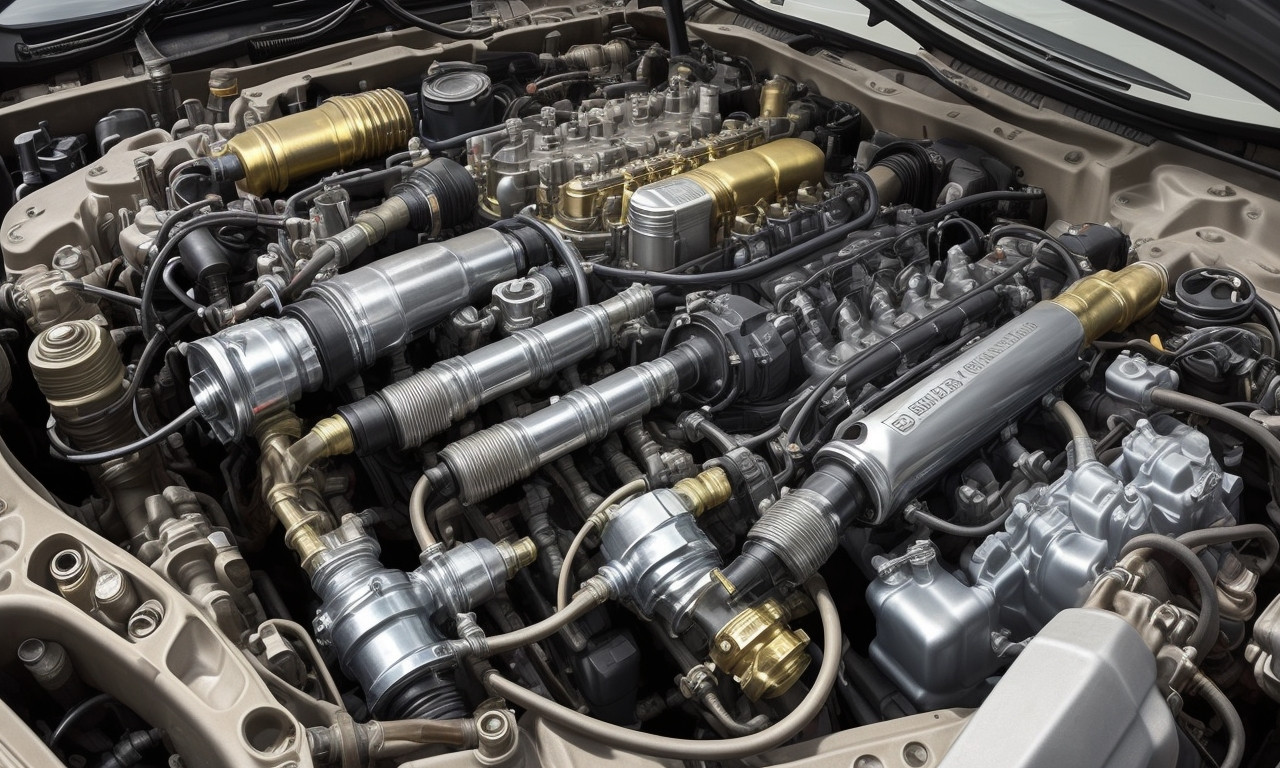
Unveiling the engine mystery, many people are curious about how many spark plugs a diesel engine has. This is one of the most frequently asked questions by vehicle enthusiasts and new diesel engine owners alike. Unlike gasoline engines, diesel engines operate differently and do not use spark plugs for ignition. Instead, they rely on the high compression of the air in the cylinders to ignite the diesel fuel. This process is more efficient and results in better fuel economy and durability.
One of the frequently asked questions regarding diesel engines is whether they use a similar ignition system to gasoline engines. The answer is no. Diesel engines utilize glow plugs rather than spark plugs. These glow plugs preheat the air in the cylinders during cold starts, ensuring the fuel ignites properly. Typically, a diesel engine will have one glow plug per cylinder. So, the number of glow plugs corresponds to the number of cylinders in the engine.
For anyone exploring the diesel engine world, understanding the role and function of glow plugs helps demystify one of the most frequently asked questions. By recognizing these differences, you can better appreciate the engineering marvel that is the diesel engine.
What do diesel engines use instead of spark plugs?
Diesel engines operate differently from their gasoline counterparts, raising the question, “What do diesel engines use instead of spark plugs?” Unlike gasoline engines that rely on spark plugs to ignite the air-fuel mixture, diesel engines utilize a process known as compression ignition. In this method, air is compressed within the engine cylinder to a very high pressure, usually reaching temperatures as high as 1,000°F. When diesel fuel is injected into the cylinder, the heat of the compressed air ignites the fuel without requiring a spark.
Spark plugs are absent in diesel engines; instead, they often feature glow plugs. Glow plugs are electrically heated elements that aid in starting the engine, especially in cold weather. They don’t ignite the fuel directly like spark plugs but rather preheat the engine’s air, ensuring smoother and quicker ignition.
This difference accentuates the inherent efficiency of diesel engines. The high compression ratios lead to more energy extraction from fuel, contributing to the superior fuel economy diesel engines are known for. Understanding what diesel engines use instead of spark plugs unveils the mystery behind their distinctive operation and their unique advantage in various applications, from passenger vehicles to heavy-duty machinery.
Will a diesel engine start without glow plugs?
Diesel engines function differently from their gasoline counterparts, primarily in their ignition methods. Unlike gasoline engines, diesel engines don’t rely on spark plugs for ignition; instead, they use a combination of extreme compression and heat. In the context of “Will a diesel engine start without glow plugs?”, it’s important to understand what role glow plugs play.
Glow plugs are heating devices used to aid in starting diesel engines, particularly in cold weather. They preheat the combustion chamber to ensure the diesel fuel ignites more readily upon compression. While a diesel engine might sometimes start without glow plugs, especially in warmer conditions, their absence can cause significant challenges. The engine may struggle to start or not start at all in colder climates.
Thus, the question, “Will a diesel engine start without glow plugs?” reveals an intriguing aspect of diesel engine technology. Though they don’t have spark plugs like gasoline engines, glow plugs are crucial for reliable ignition under various conditions. Ensuring they are in good working order is key to maintaining the engine’s functionality and performance, particularly during the colder months when starting becomes more challenging without their assistance.
When should you change your glow plugs?
Understanding how many spark plugs a diesel engine has can be quite intriguing, especially since diesel engines operate differently from their gasoline counterparts. Diesel engines, in fact, do not use traditional spark plugs. Instead, they rely on glow plugs to start the engine, particularly in cold weather conditions. Glow plugs are essential for preheating the combustion chambers, allowing the engine to ignite more efficiently.
Knowing when should you change your glow plugs is crucial for maintaining optimal engine performance. Typically, you might need to replace glow plugs every 60,000 to 100,000 miles, depending on the specific engine type and driving conditions. Symptoms indicating it is time to change them include difficulty starting the engine, especially in cold weather, poor engine performance, or an illuminated check engine light.
Regular maintenance and timely replacement of glow plugs ensure a smoother running diesel engine and can prevent more significant, costly repairs down the road. So, while diesel engines don’t utilize spark plugs, being aware of the function and replacement interval of glow plugs is fundamental to solving the diesel engine mystery and ensuring the longevity of your vehicle.
Can a diesel engine work without glow plugs?
Diesel engines are renowned for their efficiency and durability, but they differ significantly from their gasoline counterparts in several crucial ways. One of the recurring questions among automobile enthusiasts is: “How many spark plugs does a diesel have?” The straightforward answer is none. Unlike gasoline engines, diesel engines do not use spark plugs. Instead, they rely on compression to ignite the fuel.
However, the conversation inevitably shifts to another component: glow plugs. Glow plugs are critical in assisting diesel engines during cold starts. They preheat the combustion chamber, ensuring that the fuel ignites smoothly in lower temperatures. But, the question then arises: Can a diesel engine work without glow plugs? The answer is yes, albeit with some complications. In warmer climates, a diesel engine may start without glow plugs, although it will likely require a few extra cranks. In colder climates, attempting to start a diesel engine without functioning glow plugs can be quite difficult, leading to prolonged cranking or failure to start at all.
Understanding these nuances helps in appreciating the unique engineering behind diesel engines and why glow plugs are indispensable, especially in varying environmental conditions. By grasping these details, one can better maintain their diesel vehicle and ensure its optimal performance year-round.
What are the signs of bad glow plugs?
Diesel engines rely on a unique form of ignition compared to their gasoline counterparts, sparking curiosity about their internal mechanisms, particularly the role of glow plugs. Unlike gasoline engines that utilize spark plugs for ignition, diesel engines use glow plugs to preheat the air in the combustion chamber, ensuring efficient fuel combustion. This difference often leads to the question: How many glow plugs does a diesel engine have? The answer typically is one glow plug per cylinder, meaning a four-cylinder diesel engine has four glow plugs, and a six-cylinder engine has six, and so on.
An essential aspect of understanding glow plugs involves recognizing the signs of deterioration. What are the signs of bad glow plugs? Common indicators include difficulty starting the engine, a rough idle, decreased fuel efficiency, and excessive smoke from the exhaust. These signs suggest that the glow plugs are failing to adequately preheat the combustion chamber, impacting the engine’s performance and reliability. Regular inspection and timely replacement of glow plugs are crucial for maintaining optimal engine function. Emphasizing their importance, knowing the signs of bad glow plugs allows vehicle owners to address issues promptly, avoiding severe engine damage and ensuring a diesel engine runs smoothly.
Get a Curated List of the Best Used Cars Near You
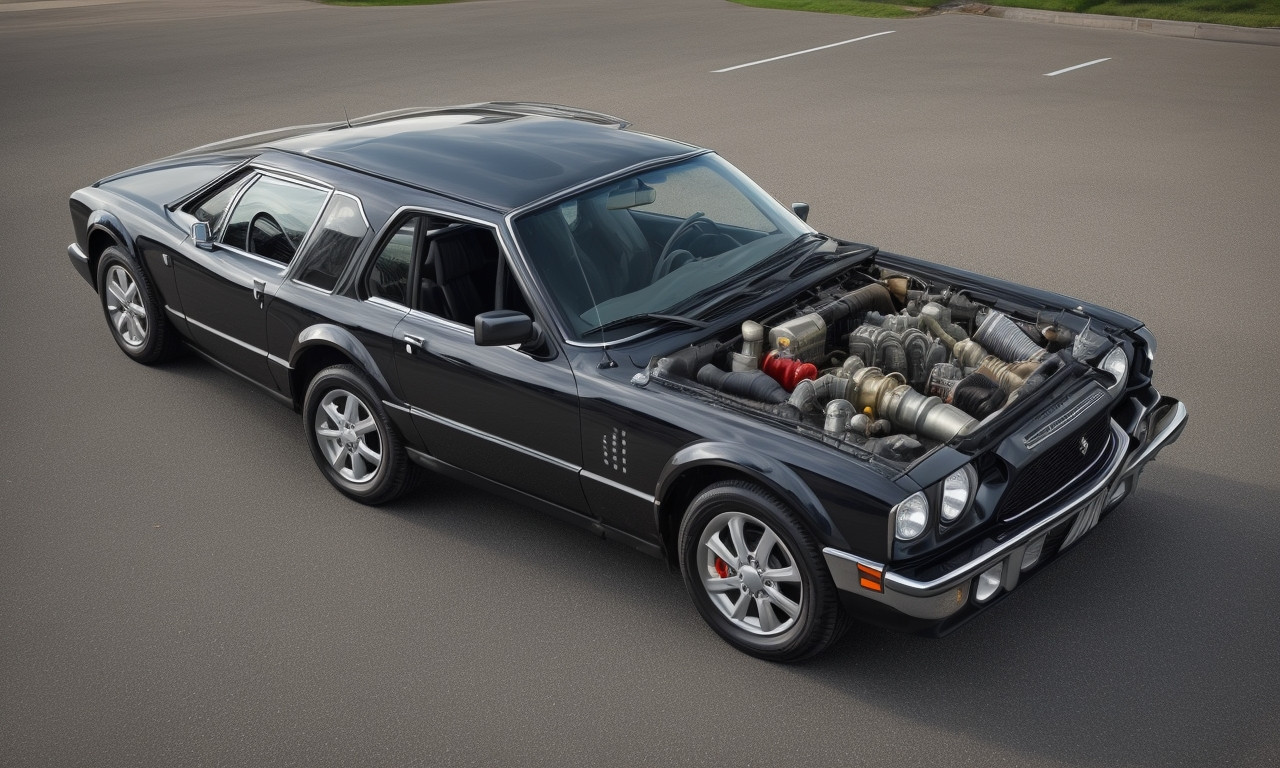
When discussing diesel engines, it’s essential to understand how they operate differently from gasoline engines. Unlike their gasoline counterparts, diesel engines do not use spark plugs for ignition. Instead, they rely on the heat generated from compressing air in the cylinders to ignite the diesel fuel. This leads many to wonder, “How many spark plugs does a diesel have?” The answer is simple—none.
While diesel engines don’t utilize spark plugs, they achieve ignition through a process known as “compression ignition.” The absence of spark plugs can reduce the need for specific maintenance, but understanding diesel technology also helps when looking to buy a vehicle. If you’re in the market for a used car, it’s important to consider various factors, including the type of engine that aligns with your needs. For those seeking guidance, you can get a curated list of the best used cars near you.
Having a curated list can simplify your search and ensure that you select a vehicle that matches your driving requirements, budget, and preferences. This tailored approach can be particularly beneficial if you’re considering the reliability and efficiency that comes with diesel engines.
Used for sale near me
Diesel engines are a marvel of engineering, captivating enthusiasts and mechanics alike. One of the most intriguing questions that arise is: how many spark plugs does a diesel have? Contrary to gasoline engines, which use spark plugs for ignition, diesel engines operate differently. They rely on compression to ignite the fuel, meaning they don’t utilize spark plugs at all. Instead, they use glow plugs to preheat the combustion chamber, aiding in cold starts. This unique feature sets diesel engines apart and is essential knowledge for anyone considering purchasing a vehicle with such an engine.
When you’re on the hunt for a diesel vehicle, especially if you’re looking at options “used for sale near me,” understanding these mechanics becomes crucial. Dealers offering these “used for sale near me” vehicles can provide detailed information about the engine’s components, helping you make an informed decision. Whether it’s a heavy-duty truck or a fuel-efficient car, knowing the intricacies of the diesel engine, such as the role of glow plugs, can enhance your confidence in a purchase. So, the next time you come across a diesel vehicle used for sale near you, you’ll be well-equipped to appreciate the nuances of diesel engine technology.




